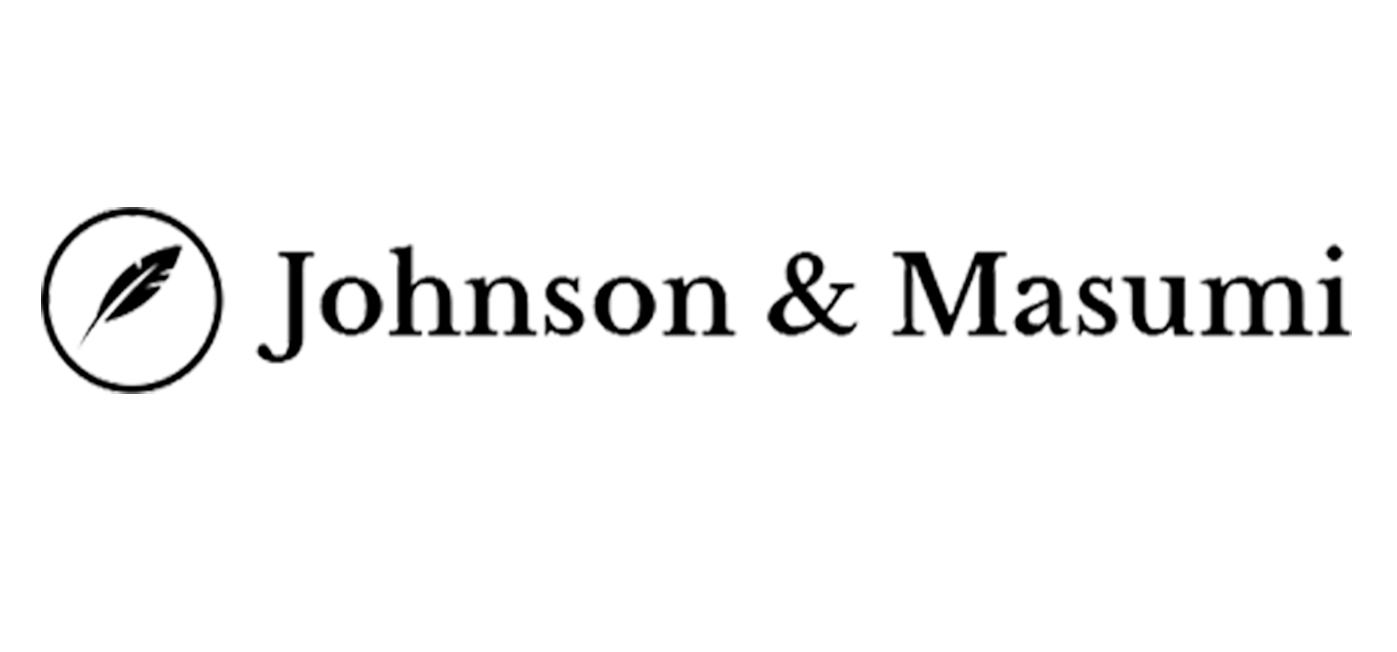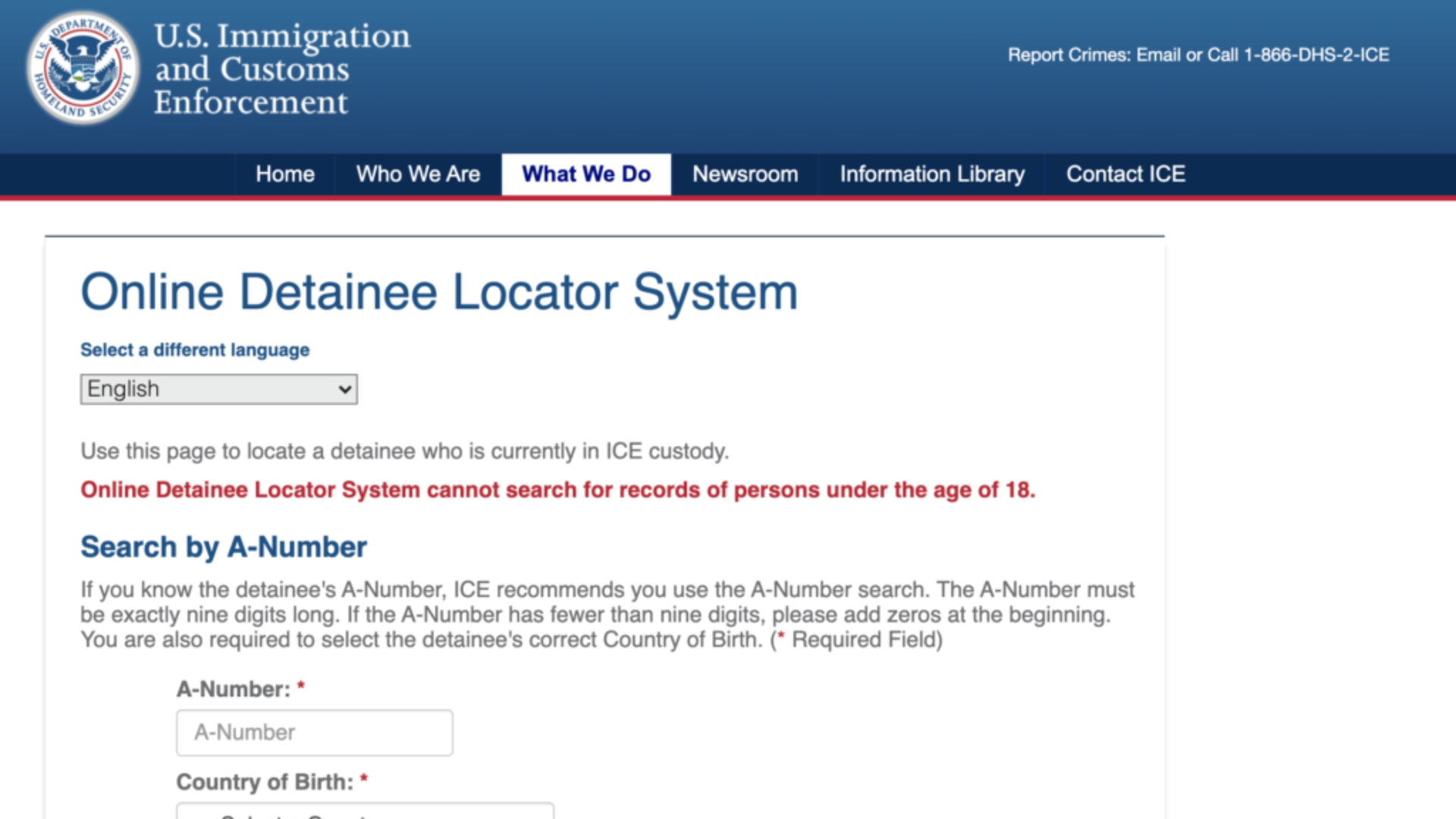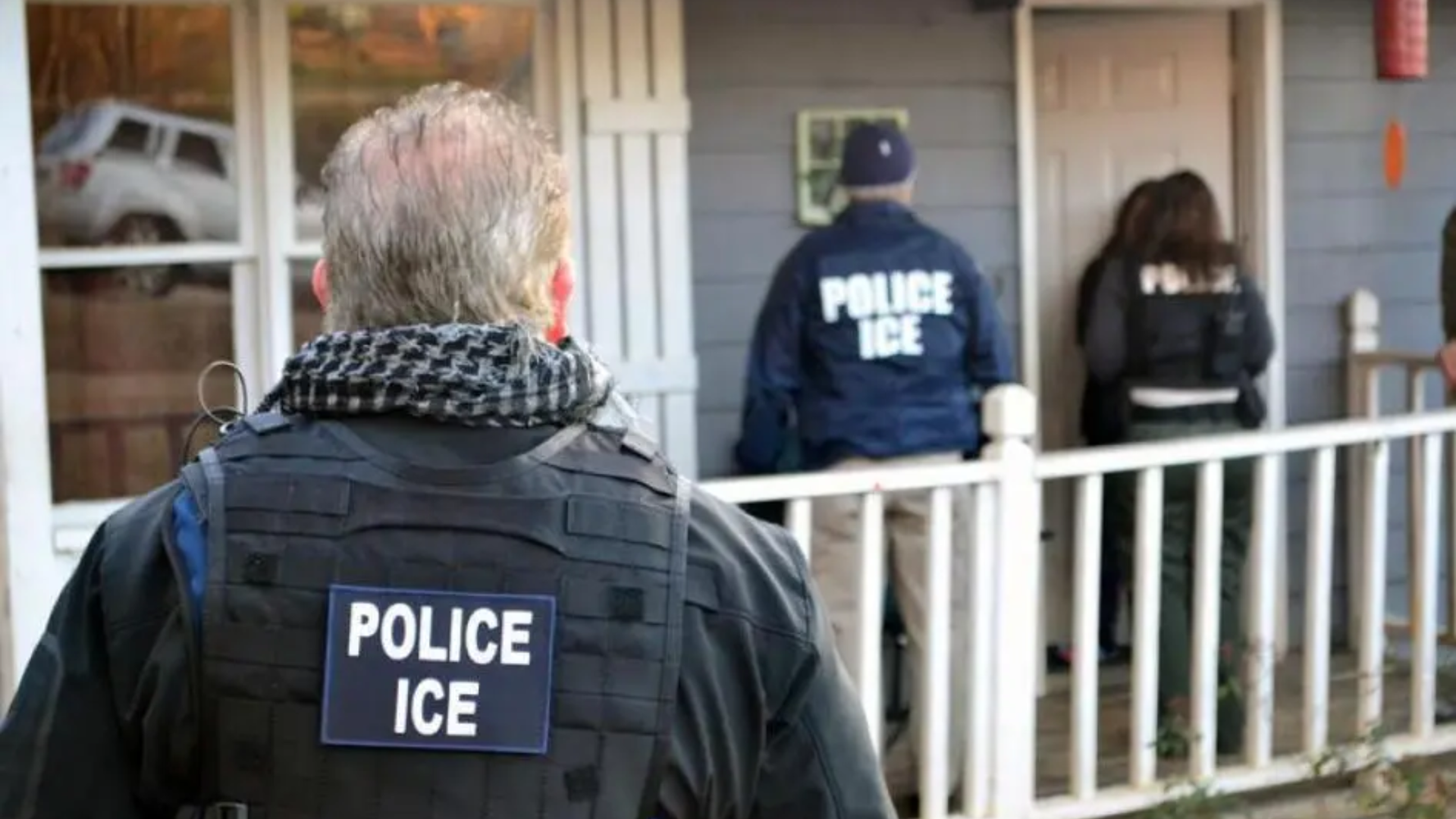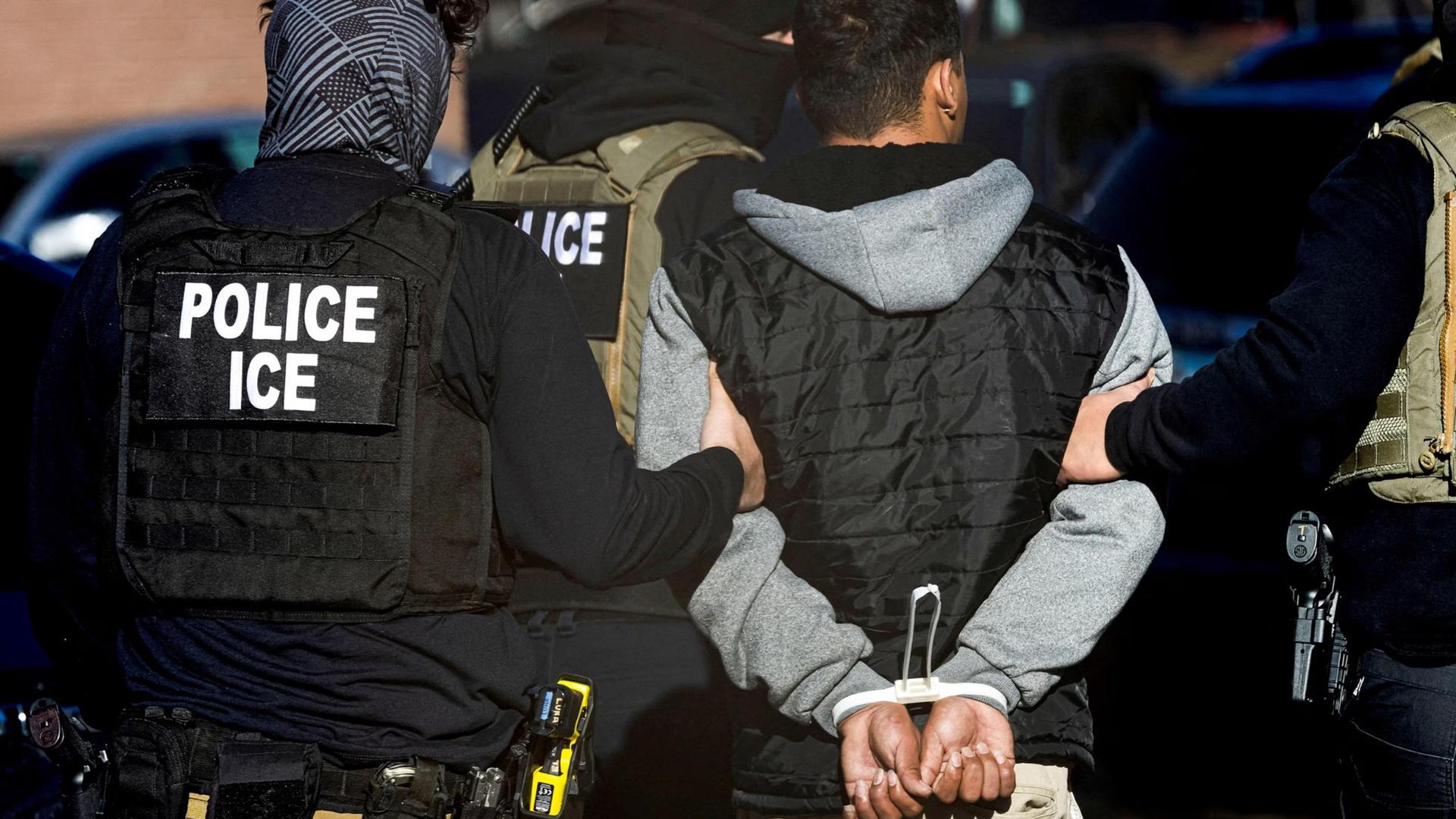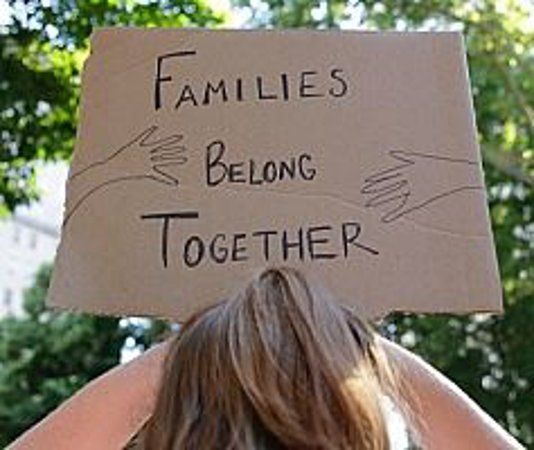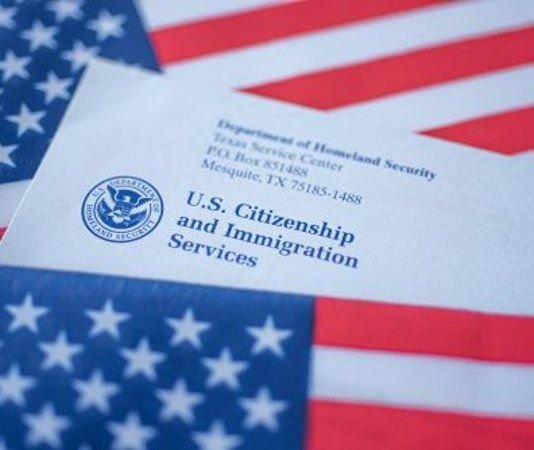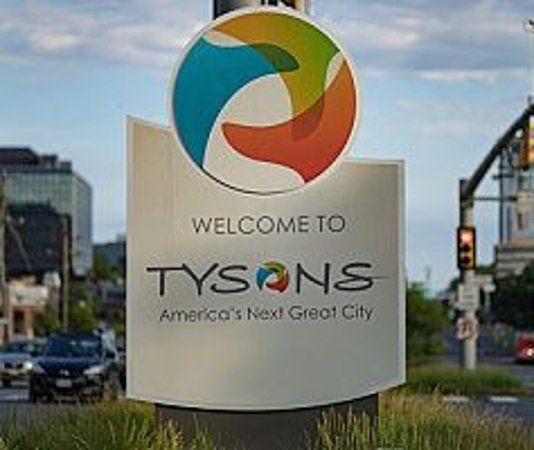Centreville, VA Immigration Attorney
Centreville, VA Immigration Attorney
If you are looking to acquire an immigration visa or waiver, our immigration attorneys can help. Johnson & Masumi, P.C. has over 30 years of experience serving residents and foreign nationals wishing to live in the Centreville, VA area. Our immigration law firm is dedicated to assisting families with their immigration rights, helping clients within the area and from various countries around the world. Mariam Masumi, our principal Centreville, VA immigration attorney, has worked with numerous immigrants and foreign nationals with their visa applications to help them realize their dreams of touring, residing, and working in the U.S. Our team is dedicated to providing compassionate, personalized assistance to bring liberty and justice to all immigrants.
Centreville, VA Immigration Visas
Our attorneys practice immigration law in Centreville, VA for individuals that intend to live in the area or anywhere in the United States. Johnson & Masumi, P.C. works extensively with our clients to help them acquire employment, marriage, study, and visitor visas. Individuals can temporarily reside in the United States through these visas and can potentially qualify for permanent residence (green card status) during the time of their stay. A Centreville, VA immigration attorney can also provide legal counsel for those who have been designated as “inadmissible” by the United States. We can help them return to the U.S. to be reunited with their family through an immigration waiver.
Centreville, VA Employment Visas
Employment visas allow foreign professionals to apply for residence in Centreville, VA and secure employment throughout the duration of their visa. Individuals can apply for permanent residence upon arrival through the assistance of their potential employer. Employment visas include A visas, EB visas, and the H-1B visa. These visas have a different set of rules and guidelines based on the employment needs of different individuals.
A Visas
A visas are awarded to foreign officials who intend to travel to the U.S. for work. A visas have three different categories: A-1, A-2, and A-3 visas. A-1 visas are granted to public ministers, diplomatic officials, and consular officers. A-2 visas are issued to individuals who are accepted by the U.S. Secretary of States, military officers not traveling under NATO policy, and their immediate families. A-3 visas are granted to attendants, employees, servants, and family members of non-immigrants who possess an A-1 or A-2 visa.
EB-1 Visa
EB-1 visas, commonly referred to as First Preference Visas, are issued to skilled employees who are considered priority workers. The EB-1 visa has three different subcategories for different types of workers. The EB-1A visa is awarded to employees who exhibit extraordinary abilities and high aptitudes. The EB-1B visa is reserved for outstanding professors and researchers. The EB-1C visa is designated for executives and managers of international companies. The EB-1 visa is the recommended class of visa for earning green card status.
EB-2 Visa
EB-2 visas are granted to non-immigrant professionals that possess advanced degrees or exceptional abilities in the arts, business, and science fields to live and work in the U.S. Similar to the EB-1 visa, the EB-2 has three subcategories. The EB-2A visa is obtainable by individuals holding a bachelor’s degree or a four-year equivalent in these fields. The EB-2B visa is reserved for those with exceptional abilities in one of these fields. The EB-2C visa, referred to as the national interest waiver, is granted to individuals whose permanent residency in the U.S. will generate national interest from domestic companies.
EB-3 Visa
The EB-3 visa visa given to skilled workers and professionals who plan to work in the U.S. under a broader range of careers outside the EB-2 visa fields. The EB-3 visa allows individuals to obtain permanent residence and is divided into three subcategories: Professional, Skilled, and Unskilled Workers. The Professional Workers subcategory is for professionals who have received a four-year degree. The Skilled Workers subcategory is for workers who have received a two-year degree or at least two years of training and experience. The Unskilled Workers subcategory is for individuals who have otherwise not met the requirements for either of the previous subcategories.
EB-4 Visa
EB-4 visas, also referred to as Special Immigrant or Fourth Preference visas, are reserved for religious leaders, workers, and occupants. The EB-4 visa permits these individuals to work and live in the United States for religious institutions and non-profit faith organizations. Professionals holding degrees can qualify for this visa if they intend to work for one of these tax-exempt organizations or institutions.
EB-5 Visa
The EB-5 visa is awarded to foreign nationals who intend to invest into a minimum of over $500,000 or $1,000,000 in an EB-5 Regional Center or New Common Enterprise (NCE). The EB-5 visa is currently the most sought-after visa by wealthy Indian investors. Foreign workers who plan to pursue an EB-5 visa must do so through the EB-5 Immigrant Investor Program at their designated Regional Center or NCE. Investors are required to create a minimum of 10 full-time jobs for no less than two years if they wish to qualify for green card status.
H-1B Visa
H-1B visas are granted to foreign nationals who are seeking employment at a domestic organization in the U.S. that holds specialty occupations. Companies operating in fields such as architecture, accounting, engineering, mathematics, medicine, science and technology hold job positions that are qualified as specialty occupations. Applicants of the H-1B visa must hold a four-year degree to be eligible. The process of obtaining a green card is expedited through this program since the H-1B visa is a non-immigrant visa. Employers that wish to hire H-1B visa applicants must petition on their behalf for applicants to be issued the visa. Recent news states there is a growing cap on the number of H-1B visa applicants that are eligible to be permitted to the U.S. for employment, making this visa significantly more difficult to obtain.
Centreville, VA Fiancé Visas
K visas, known as fiancé(e) visas, are awarded to foreign nationals who intend to marry a U.S. citizen or live with their spouse in the Centreville, VA area. Children of these visa holders also qualify for the same class of visa. There are four different classifications of K visas, which include the K-1, K-2, K-3, and K-4 visa statuses
K-1 Visa
The K-1 visa is granted to foreign fiancés who wish to travel to the United Statues for the sole purpose of marrying a U.S. citizen. The foreign fiancé must provide evidence related to their marriage and intent of return to their home country while adhering to K-1 visa restrictions. The U.S. citizen must act at the petitioner on behalf of their foreign fiancé. The fiancé is given six months to arrive in the U.S. and must marry their intended spouse and depart the U.S. within 90 days of arrival. If the foreign national chooses to marry a different U.S. citizen, they must return to their home country and renew the application process.
K-2 Visa
K-2 visas are issued to the children of K-1 visa holders in order to attend their parent’s marriage in the U.S. Children of the K-1 visa holder are required to be unmarried and no older than 20 years of age, but are not required to be related to their parents biologically. The foreign fiancé(e) must provide evidence of relationship to their child(ren) in addition to proper evidence stating they are able to financially support themselves and their child(ren) during their entire stay in the U.S. K-2 visa holders must follow the same K-1 visa regulations of arriving and departing the U.S. within six months and 90 days, respectively.
K-3 and K-4 Visa
Once the foreign fiancé(e) has become legally married to their U.S. citizen spouse, they are eligible to return to the U.S. through the K-3 visa. The U.S. citizen spouse must once again file a petition on behalf of their spouse in order to reunite and reside with them in the U.S. Children of the K-3 visa holder are qualified to live in the U.S. with their parents under K-4 visa status. These visa holders are permitted to enter and leave the U.S. several times during the two-year visa period. After the two years, the K-3 and K-4 visa holders become eligible to apply for green card status, bringing them closer to naturalization.
Centreville, VA Student Visas
International students who wish to study, teach, or work in Centreville, VA for an extended period of time are able to obtain a student visa. Each of the student visas has its own separate restrictions and qualifications that must be fulfilled for admission to the United States. The F-1, J-1, and M-1 visas are the three different categories of student visas.
F-1 Visa
F-1 visas grant international students the ability to enroll in an accredited U.S. institution to study full-time. The F-1 visa allows individuals to live and study in the United States until completion of their degree or studies. F-1 visa students are also permitted to work for a U.S. employer for a position that is consistent with their field of study. If the student plans to work for a U.S. employer, they are able to receive Optional Practice Training from a school official. To complete an F-1 visa application, international students must file Form I-20, the Certificate of Eligibility for Nonimmigrant Student Status. Individuals must also attend an interview at a U.S. embassy or consulate in their country of residence to discuss their educational plans and present their valid passport.
J-1 Visa
J-1 visas are granted to international students via the Exchange Visitor Program for those who wish to complete their academic degree in the U.S. International students who plan to complete their studies and work full-time for a U.S. employer upon completion of their degree should apply for the J-1 visa. Applicants must prove their residence in their home country to be issued a J-1 visa. They must also provide evidence that they intend to return home after completing their studies. Applicants must provide documentation for these claims, in addition to filing and submitting Form DS-2019, Certificate of Eligibility for Exchange Visitor Status.
M-1 Visa
M-1 visas are awarded to foreign nationals who are looking to enter the U.S. for vocational, non-traditional, or non-academic studies. Those who possess the M-1 visa are not permitted to be employed during their studies and must be able to financially support themselves while in the U.S. M-1 visa holders must be enrolled in a course of study for a 12 semester period (4-6 years). Individuals may only apply for an M-1 visa if they satisfy the admission requirements for the school they wish to attend, as well as other student visa requirements and documentation.
Centreville, VA Visitor Visas
B visas are granted to foreign nationals who intend to travel to Centreville or anywhere else in the United States for business, vacation, or medical purposes. These visitor visas are separated into two distinct categories: the B-1 visa for business visitors, and the B-2 visa for tourists and general visitors.
B-1 Visa
B-1 visas are issued to foreign nationals who are traveling to the U.S. for a short business trip. B-1 visa applicants are not permitted to search for or accept employment in the U.S., enroll in any course of study, or conduct work as a foreign media representative during their stay. Individuals who have acquired the B-1 visa are permitted to reside in the U.S. for up to one year. B-1 visa holders may extend their stay in separate increments of six months by filing Form I-539, Application to Extend/Change Nonimmigrant Status.
B-2 Visa
The B-2 visa is given to foreign nationals who are seeking to travel to the U.S. for leisure or medical purposes. B-2 visa holders are not permitted to accept or hold long-term employment in the U.S., but are permitted to enroll in educational or recreational programs during their stay. These visas are valid for a period of up to six months, and applicants must provide proof that they intend to depart the U.S. after their stay and do not intend to abandon their home country. Foreign nationals who qualify for the B-2 visa include include tourists, individuals attending social events, individuals requiring specific medical treatment, artists or musicians receiving no payment, and athletes receiving no payment.
Centreville, VA Waivers
Immigration waivers can be granted to visa applicants who have been deemed “inadmissible to the U.S.” by the U.S. Citizenship and Immigration Services (USCIS). Foreign nationals can be designated as inadmissible by the USCIS if they present health, fraudulent, criminal, or unlawful presence concerns. U.S. immigration law prohibits immigrants with inadmissible status from entering the U.S. Some inadmissible violations, however, can be waived with the help of a Centreville, VA immigration attorney. To lift these violations from an individual’s status, they must be granted a non-immigration waiver. The I-601 Hardship waiver and the I-601 Provisional waiver are the two different types of non-immigrant waivers available.
I-601 Hardship Waiver
The I-601 hardship waiver is obtainable by illegal aliens who are able to present evidence that their family would suffer “extreme hardship” if they were be deported or denied a waiver. Non-residents can also prove that his or her conditions would be deemed admissible to the U.S. by the USCIS if their waiver were to be accepted. The I-601 waiver includes three categories: the Criminal Conviction waiver, the Misrepresentation (Fraud) waiver, and the Unlawful Presence waiver. Any relatives who intend to benefit directly from their family member’s I-601 waiver must meet specific requirements and qualifications of each category. They must also be able to provide sufficient evidence of extreme hardship upon deportation to their home country.
I-601A Provisional Waiver
The I-601A provisional waiver can be obtained by illegal aliens who have been deported back to their home country. These aliens are banned from legally returning to the U.S. for a period of 3 or 10 years, depending on whether they have resided in the U.S. illegally for more or less than 1 year. The I-601A waiver can help an individual overcome their unlawful presence designation by the USCIS, lessening their time of separation from their family. The I-601A waiver can be more effective than the I-601 waiver in some cases since an immigrant can be waived of their inadmissibility faster. Similar to the I-601 waiver, relatives of an I-601 waiver applicant who wish to stay in the U.S. legally must prove that their family would experience extreme hardship upon deportation.
Speak to a Centreville, VA Immigration Attorney
The Centreville, VA immigration attorneys at Johnson & Masumi, P.C. can assist individuals who wish to travel or move to the area. Navigating the visa application process individually and without proper legal counsel can be extremely challenging. Our immigration attorneys have several years of experience with all facets of immigration law and will guide you through the entire visa application process. We will review and help fulfill your requirements, including documentation and proof in order to help you achieve your desired visa or immigration waiver. Regardless of your international or immigrant status, a Centreville, VA immigration attorney at Johnson & Masumi, P.C. is willing and able to successfully manage your unique immigration case. Schedule a free comprehensive consultation, or contact us online to get started with your visa or waiver application!
Categories: Immigration
